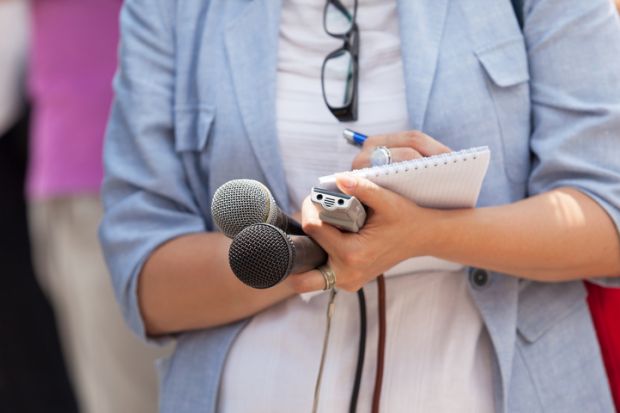
Leaving university with a humanities degree, it seems you have two options: become a lawyer; it’s a secure training contract (if you can get one) for two years, all of which is paid for by the firm. Or, become virtually unemployable.
That was the situation I found myself in.
Trying to convince employers that they should hire you because you have an abundance of transferable skills and can learn quickly doesn’t seem to cut the mustard these days. Work experience is essential to prove that you can function outside of an academic environment.
As an undergraduate I was, like the majority of students and my friends, completely unsure as to what it was that I wanted to do with my life and career.
Having to hand in an essay a week for my degree, I knew I could write well and thus, the logical next step was journalism.
But when it comes to journalism, a degree isn’t enough. I soon came to realise this career required weeks and weeks of unpaid work experience. In my holidays, I began interning at local newspapers for a couple weeks at a time and as much as I begrudged working for nothing, it was invaluable experience.
Journalism also requires further formal training after university. In the UK, this can entail either completing the NCTJ qualification (the industry-standard journalism awarding body), normally around 20 weeks long, or doing a master's. For most, the NCTJ course is more viable than the MA as it is cheaper and shorter, allowing people to get into the workplace quickly.
However, for me, I certainly wasn’t rushing to get a job (still clinging onto student life) and I was looking to keep my options open whilst learning a new set of practical and applicable-to-the-real-world skills.
I applied to City, University of London, to do their MA in magazine journalism. I knew it was a well –respected course and delivered the best possible training.
City’s impressive alumni network is testament to the quality of the course. Alumni include Helen Lewis (deputy editor of New Statesman); James Harding (editor at The Times); and Faisal Islam (political editor of Sky News).
Having completed my first term it is fair to say that this course is more stressful, time-consuming and knackering than my undergraduate degree ever was.
It is a 9-to-5 job with additional homework. I am in lectures and classes throughout the day and am expected to do my assignments after university. But in some ways, it’s nothing less than what a MA should be – rigorous training.
The breadth of the course prepares students for an ever-changing journalistic landscape. We are taught online and digital skills as well as ethics, media law, news reporting, features writing, shorthand, design, video-editing, photography, sub-editing and much more. Weekly "copy clinic" two-hour sessions take place where your work is marked by the tutor, but also critiqued by your peer group.
It is only now that I realise how it has opened doors to me that I may not have had access to if I didn’t take up my place. Knowing that I am currently training for a MA means organisations are far more receptive to taking me on for work experience and my CV is faring well.
It is a competitive and challenging course to undertake, but nevertheless a course that brings out the best of your ability.
Alice Durrans is studying for an MA in magazine journalism at City University in London


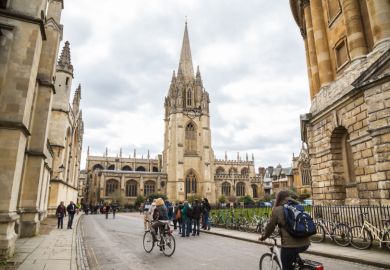



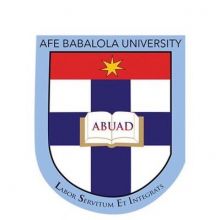



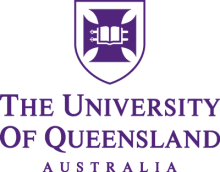
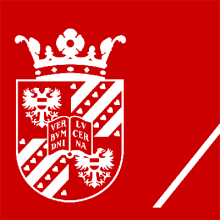
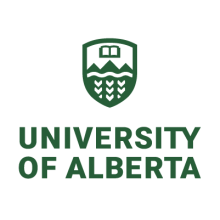
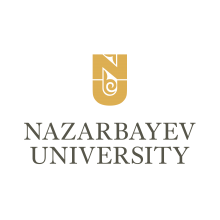
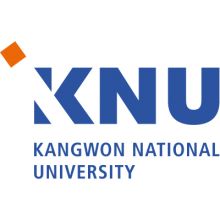
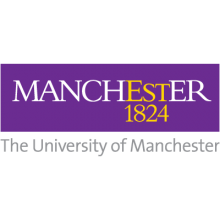



Have your say